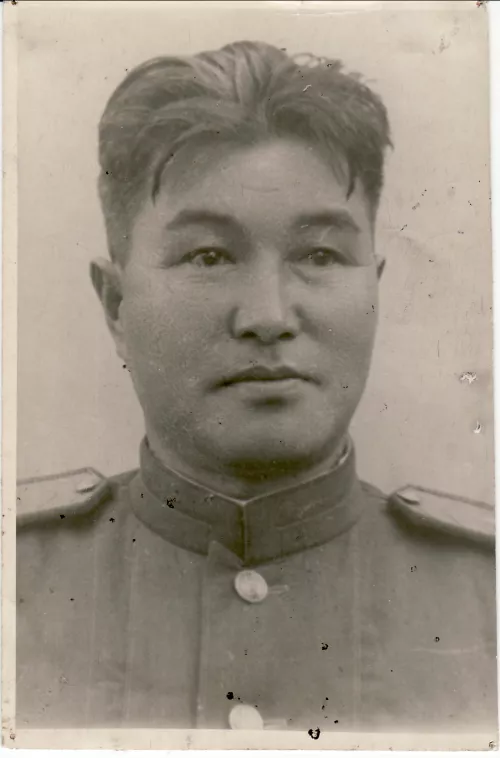CHOE YONG-GEON (1903-1976). Guerrilla leader, military commander, party and state deputy, Choe was one of the most loyal supporters of Kim Il Sung throughout his career. Choe was born in North Pyeongan Province in 1900 or 1903. He went to China and attended the Yunnan Military Academy. As a member of the Chinese Communist Party, he fought together with Kim Il Sung in Manchuria in the 1930s. Like Kim, he moved to the Soviet Union under Japanese pressure 1940 or 1941. He returned to Korea in 1945. He was head of the security bureau in the Provisional People's Committee and then became head of the Korean Social Democratic Party, replacing Cho Man-sik in 1946. He became a vice chairman of the Korean Workers' Party (KWP) later. In February 1948, Choe became the first commander of the Korean People's Army, and, following the establishment of the Democratic People's Republic of Korea (DPRK) in September 1948, defense minister. He played an important role in the Korean War and was named as the first vice marshal when the rank was introduced in February 1953. In February 1956, Choe led the KWP delegation to the 20th Congress of the Soviet Communist Party at which then Soviet leader Nikita Khrushchev denounced Josef Stalin's personality cult. The following year, Choe became president of the Standing Committee of the second Supreme People's Assembly. He retained his position as a KWP vice chairman and held both posts until his death.
All rights reserved. No portion of this publication may be reproduced, stored in a retrieval system, or transmitted in any form by any means, electronic, mechanical, photocopying, recording or otherwise without the prior written permission of the publisher. (Historical Dictionary of the Democratic People's Republic of Korea, by James E. Hoare, published by RLPG Books, appears by permission of the author and publisher).
